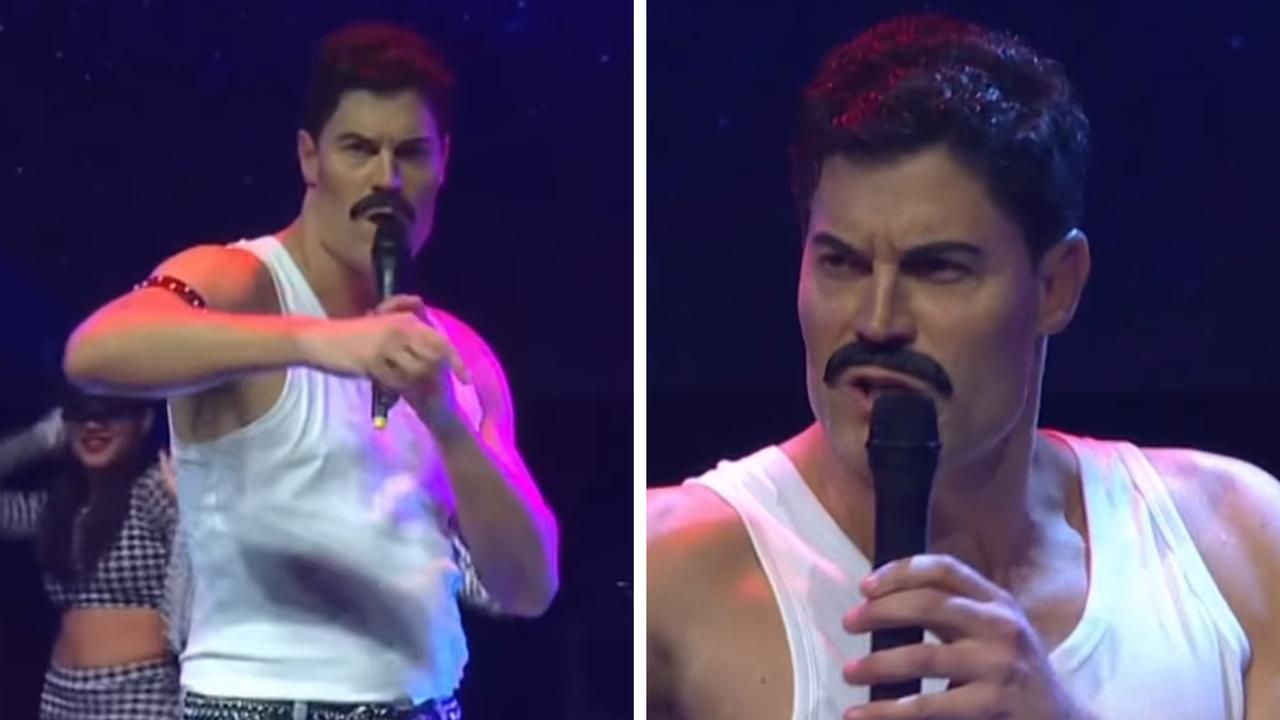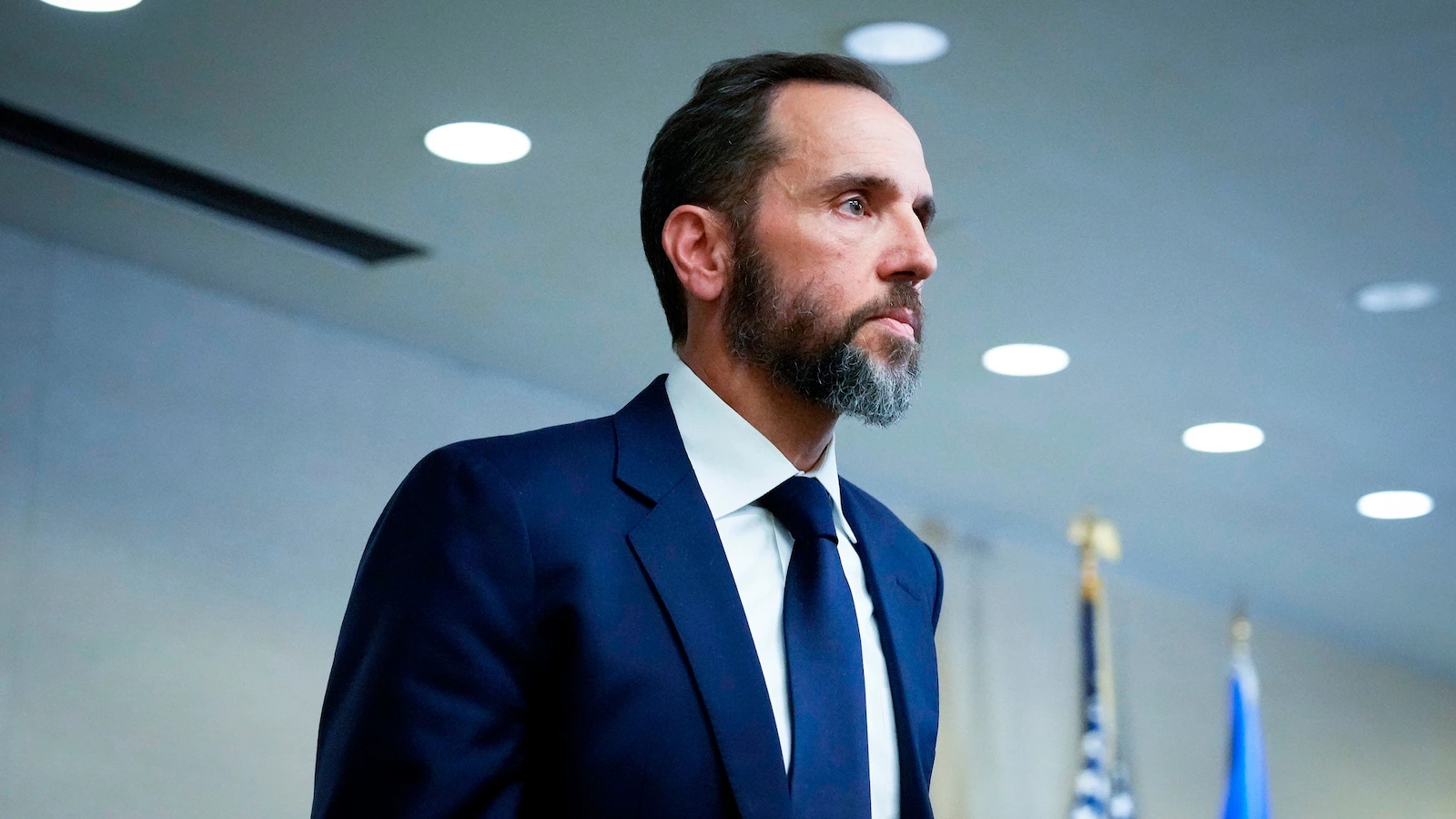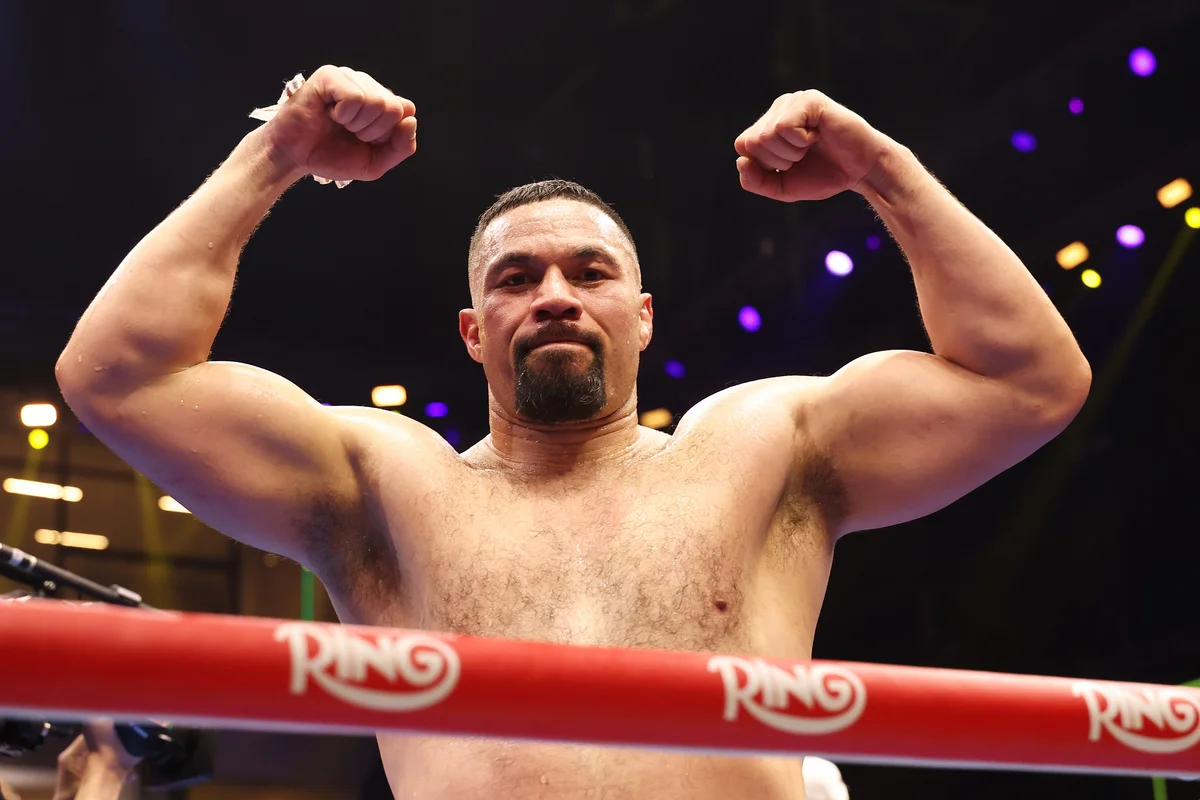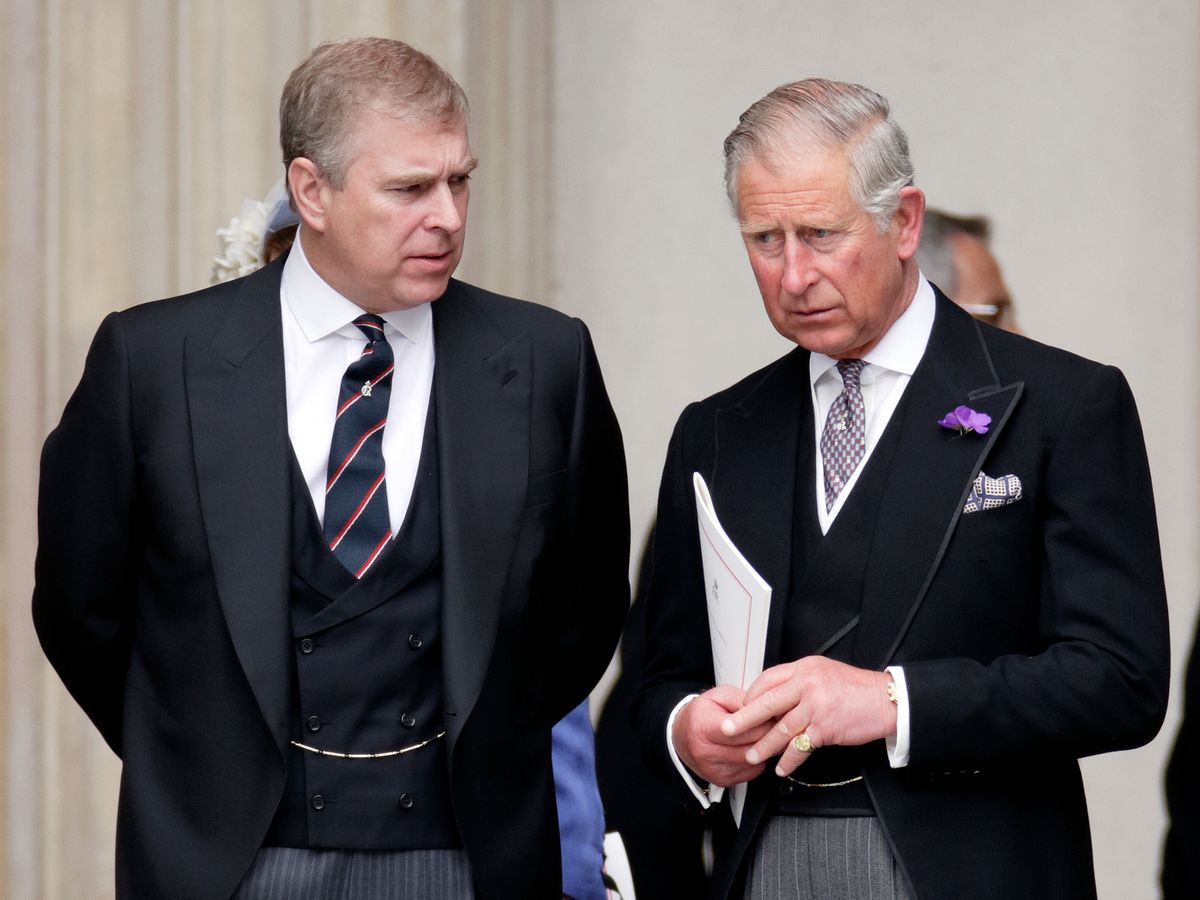Copyright The Boston Globe
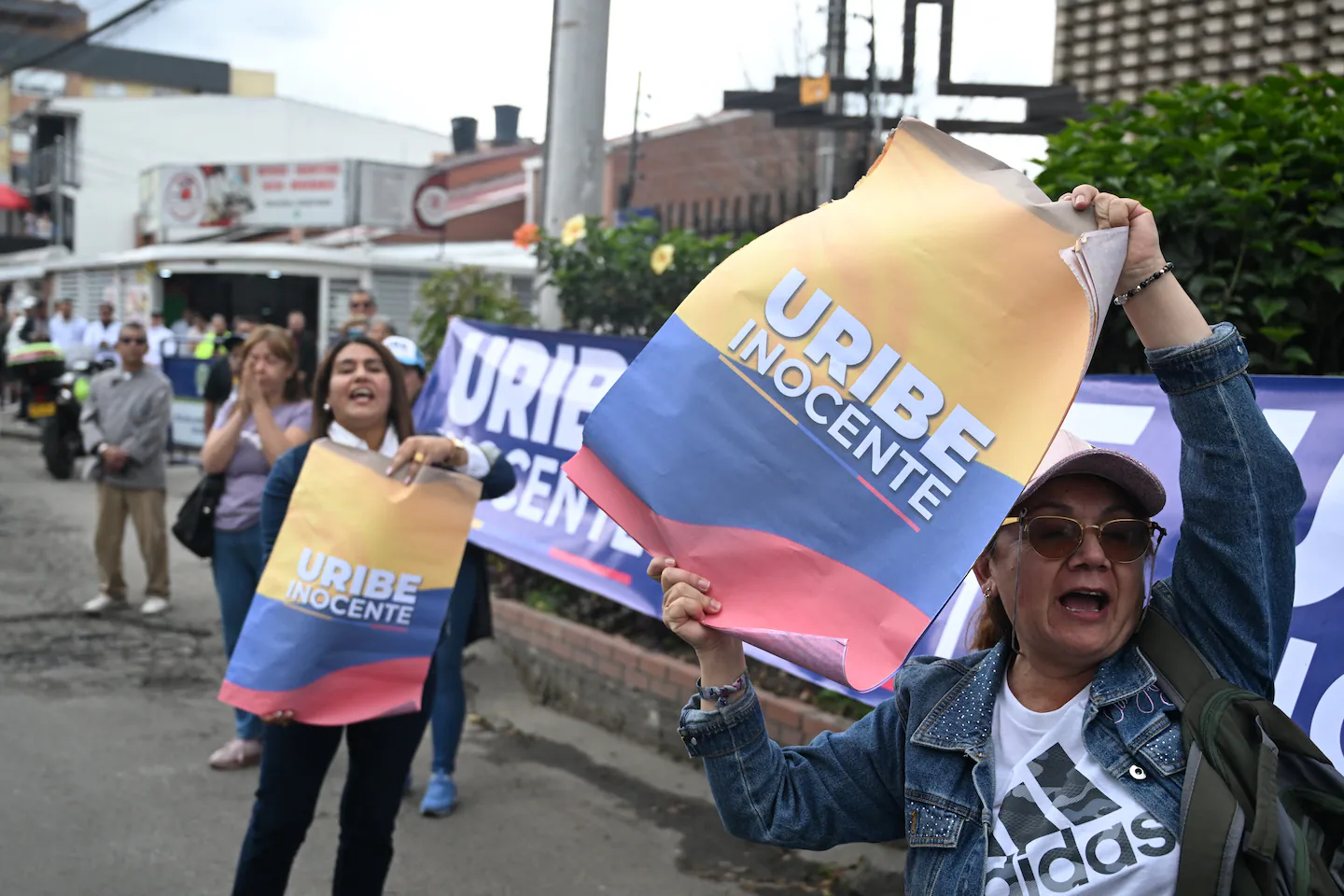
A Colombian court overturned the conviction of former president Alvaro Uribe Velez, closing one of the most polarizing chapters in the nation’s recent history and jolting the country’s political landscape just seven months before the presidential elections. Bogota’s Superior Tribunal ruled that Uribe was wrongly found guilty in a case over bribery of witnesses and obstruction of justice. A lower court had sentenced him to 12 years of house arrest in a landmark ruling that made him the first Colombian head of state ever convicted of a crime. Uribe, 73, remains one of Colombia’s most divisive figures. To his supporters, he’s the authoritarian leader who rescued the nation from collapse through his fierce military campaign against Marxist rebels like the Revolutionary Armed Forces of Colombia. With his conviction thrown out, Uribe could serve to focus and unify the country’s conservatives as the opposition looks for a standard-bearer ahead of next year’s presidential election. Although constitutionally barred from seeking the presidency again, the court’s decision ensures Uribe will continue to play a key role in national politics. Analysts suggest he could seek a seat in Congress to bolster the right-wing bloc and influence the direction of the next administration. Advertisement “This decision will benefit him because he can return to the streets,” said Pedro Viveros, a Bogota-based political analyst. “Alvaro Uribe is a figure who knows how to take advantage of the electoral process and boost his political sector.” The court’s decision also coincides with a sharp deterioration in ties with the US, a long-time ally in Colombia’s anti-guerrilla and anti-drug war. Current President Gustavo Petro and his US counterpart and ideological opposite, Trump, have repeatedly clashed since Trump began his second term, and the US president on Sunday announced his country will cut off all foreign aid to the Andean nation after Petro’s criticism of the recent US military action in the Caribbean. It was during Uribe’s 2002-2010 presidency that Plan Colombia, a multibillion-dollar US military and foreign aid initiative aimed at supporting Colombia’s fight against drug cartels and left-wing rebel groups, made significant gains against the long-running insurgency while yielding mixed results in curbing coca cultivation and cocaine production. Advertisement And in a similar vein to the Trump Administration’s critical response to the criminal conviction of former President Jair Bolsonaro in Brazil, the US has slammed Colombia over Uribe’s case, with US Secretary of State Marco Rubio decrying what he called “the weaponization of Colombia’s judicial branch.” Yet many Colombians also see a very checkered past — a two-term president whose legacy is stained by alleged links to right-wing paramilitary groups and the so-called “false positives” scandal, which involved the army killing civilians and then falsely identifying them as guerrillas to inflate rebel body counts. President Petro blasted the decision, saying the tribunal “covered up the history of paramilitary governance in Colombia,” and accused Uribe and his allies of ties with drug trafficking. He also said Trump was now “seeking sanctions” against him with the help of those who once “aided paramilitarism” in the country.
